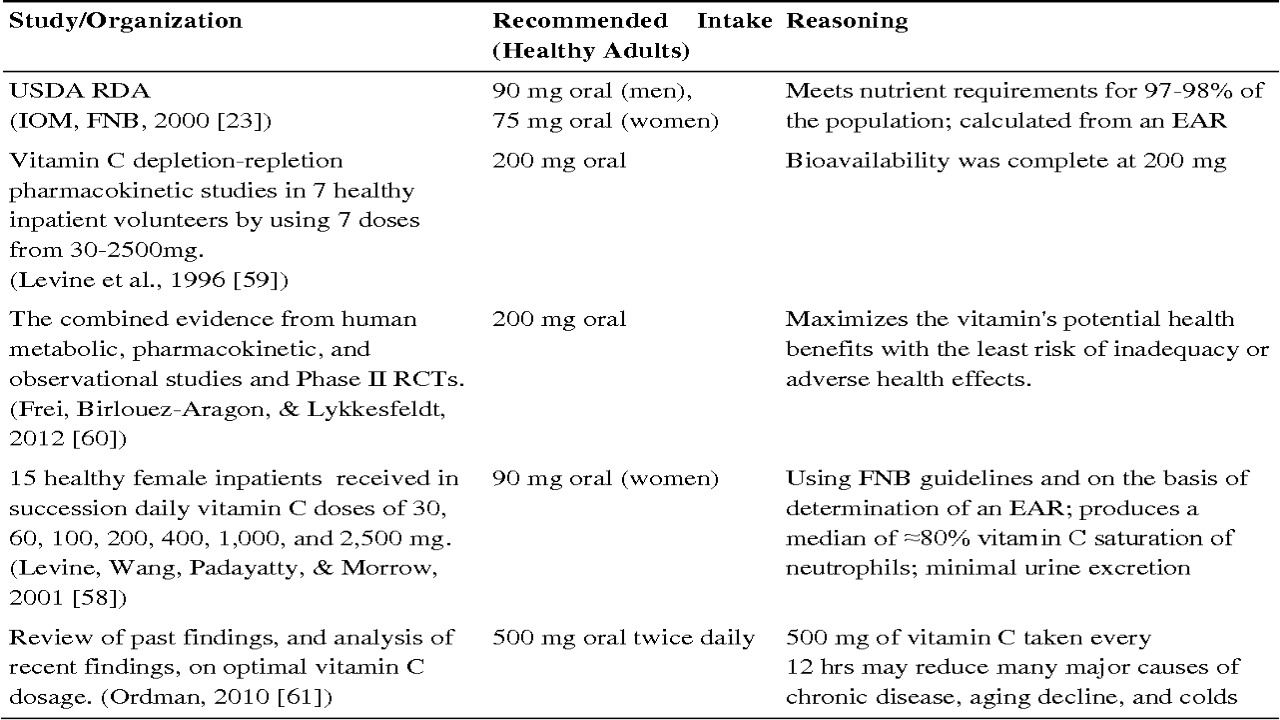Vitamin C is a water-soluble vitamin that plays a crucial role in women’s health. It is an essential nutrient that the body cannot produce on its own, which means it must be obtained through diet or supplements. Here’s a closer look at the benefits of vitamin C for women’s health and the recommended dosage.
Immune System Support

Vitamin C plays a vital role in the production of white blood cells, which help fight off infections and viruses. Adequate vitamin C intake has been shown to reduce the duration and severity of the common cold and other respiratory infections. Notice that supplements by S’moo are a great way to boost your immunity.
Skin Health
Vitamin C is also essential for skin health. It is an antioxidant that helps protect the skin from oxidative stress caused by UV radiation and pollution. Vitamin C also plays a crucial role in the production of collagen, which gives the skin its elasticity and firmness.
Iron Absorption
Vitamin C plays a crucial role in the absorption of iron from plant-based foods. Iron is essential for the production of red blood cells, which carry oxygen throughout the body. A diet rich in vitamin C can help prevent iron deficiency anemia, a common condition in women.
Cardiovascular Health

Vitamin C is also important for cardiovascular health. It helps lower blood pressure, reduce inflammation, and improve blood vessel function. Adequate vitamin C intake has been associated with a lower risk of heart disease and stroke.
Mood and Stress Management

Vitamin C is involved in the production of neurotransmitters, such as serotonin and dopamine, which play a crucial role in mood regulation. Adequate vitamin C intake has been associated with a lower risk of depression and improved mood.
Dosage Recommendations

The recommended daily intake of vitamin C for women is 75-90 mg per day. However, certain factors, such as smoking, pregnancy, and breastfeeding, can increase the body’s need for vitamin C. Smokers should aim for an additional 35 mg per day, while pregnant and breastfeeding women should aim for an additional 30-50 mg per day.
It is possible to get enough vitamin C through diet alone. Good sources of vitamin C include citrus fruits, berries, kiwi, mango, papaya, pineapple, red and green peppers, broccoli, Brussels sprouts, and tomatoes. However, some women may benefit from vitamin C supplements, especially if they are at risk of deficiency. Vitamin C supplements are available in various forms, including tablets, capsules, chewable tablets, and effervescent tablets. The recommended daily intake for vitamin C supplements varies depending on the form and brand, so it is important to follow the manufacturer’s instructions.
Excessive vitamin C intake can lead to diarrhea, nausea, and stomach cramps. The upper limit for vitamin C intake is 2000 mg per day, although some experts suggest that even lower doses may be optimal for health.
Conclusion
In conclusion, vitamin C is an essential nutrient that plays a crucial role in women’s health. It supports the immune system, skin health, iron absorption, cardiovascular health, and mood regulation. While it is possible to get enough vitamin C through diet alone, some women may benefit from vitamin C supplements. The recommended daily intake of vitamin C for women is 75-90 mg per day, but certain factors, such as smoking, pregnancy, and breastfeeding, may increase the body’s need for vitamin C. As with any supplement, it is important to consult with a healthcare professional before starting vitamin C supplements.





